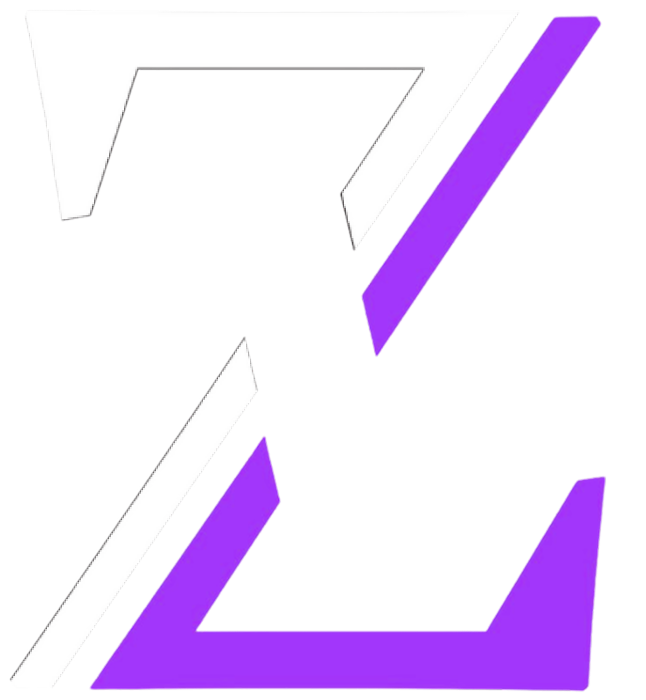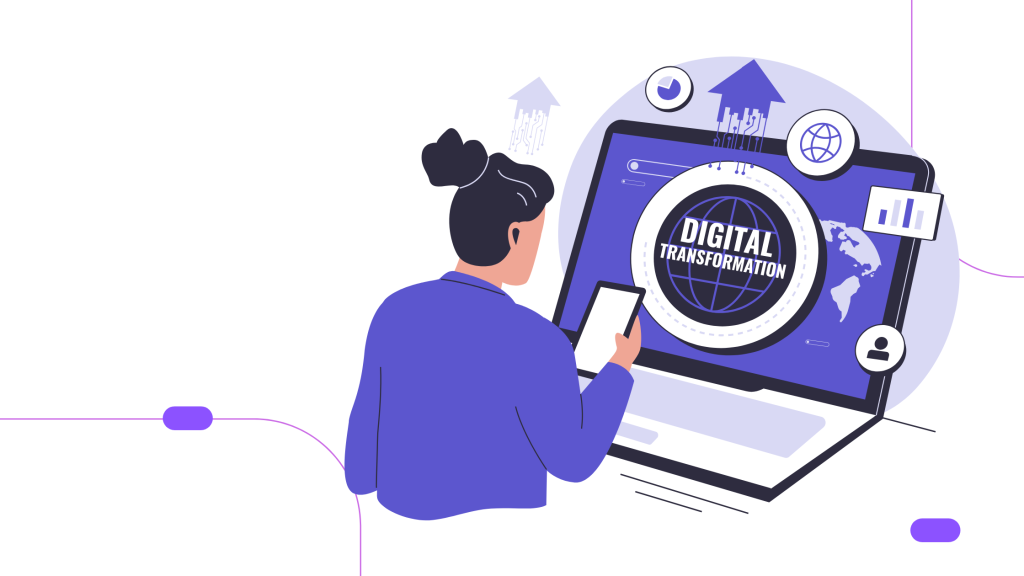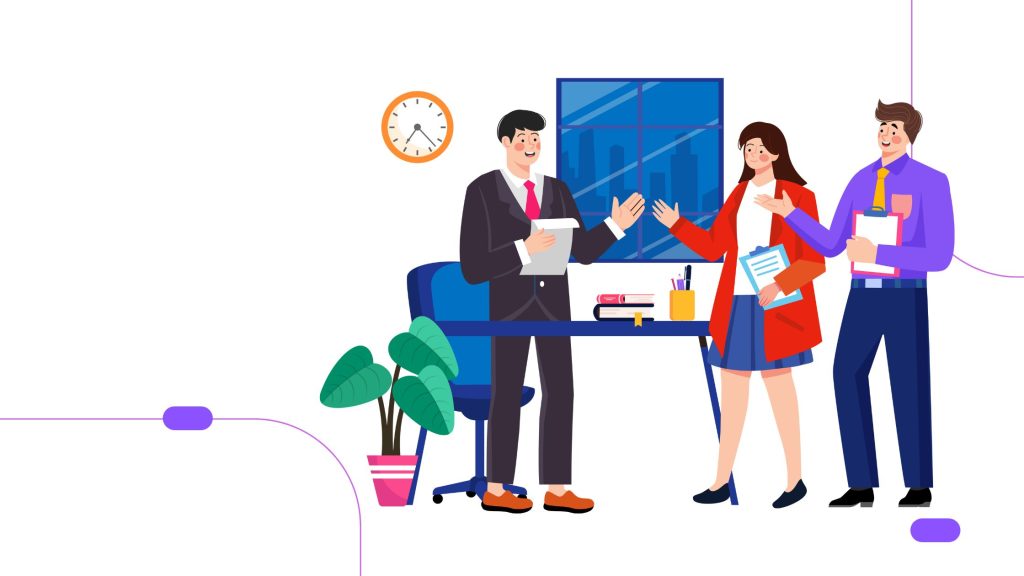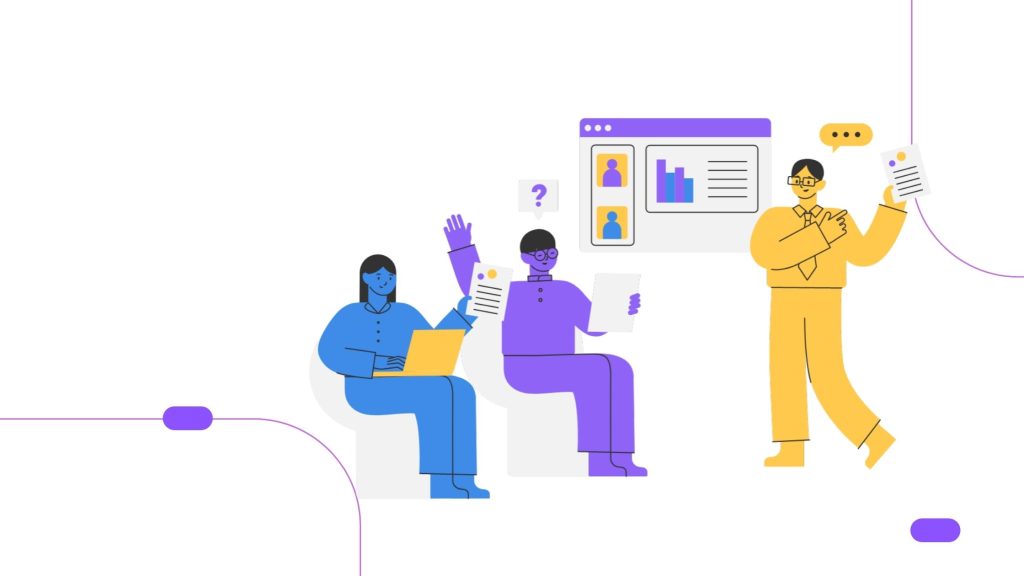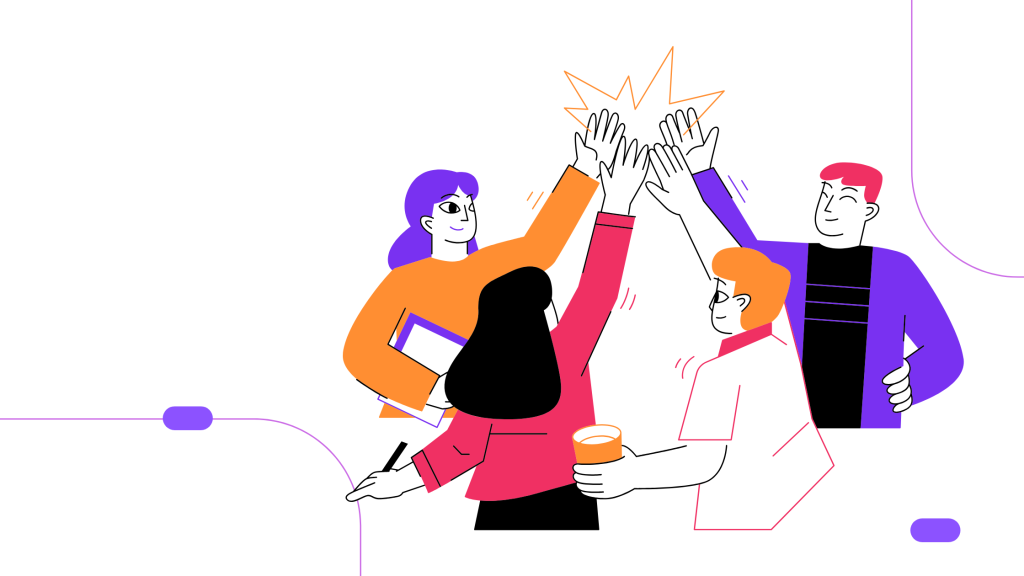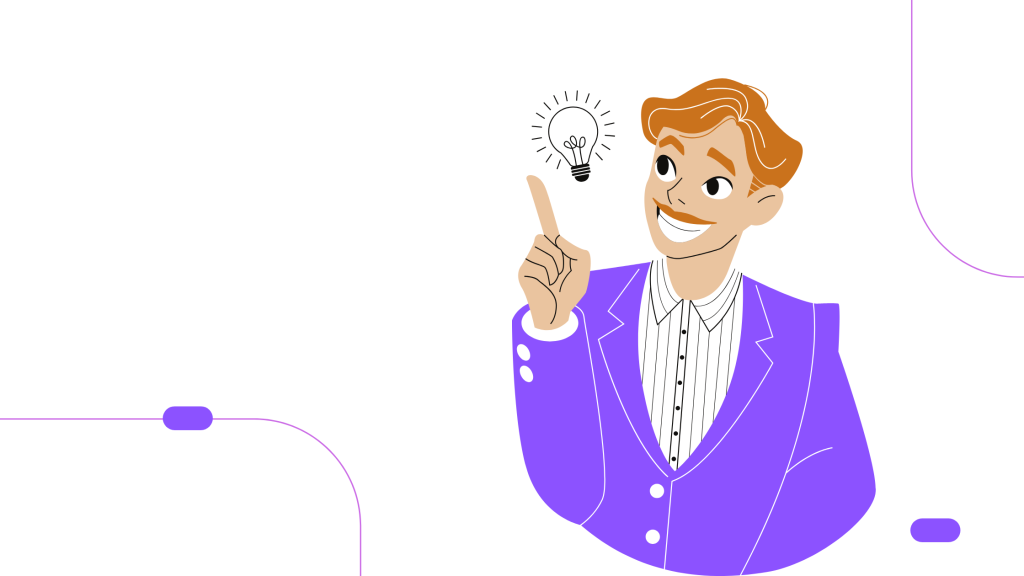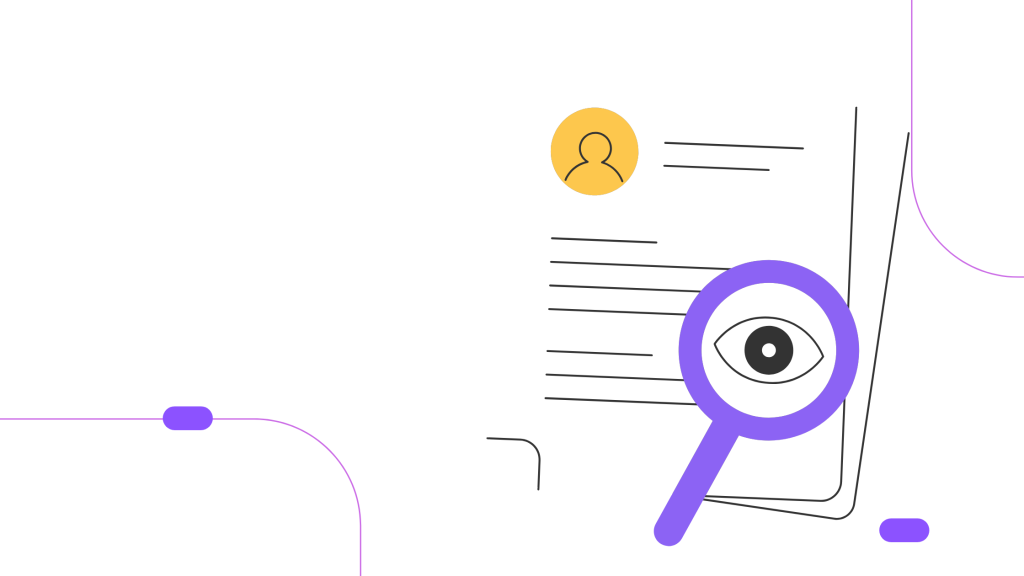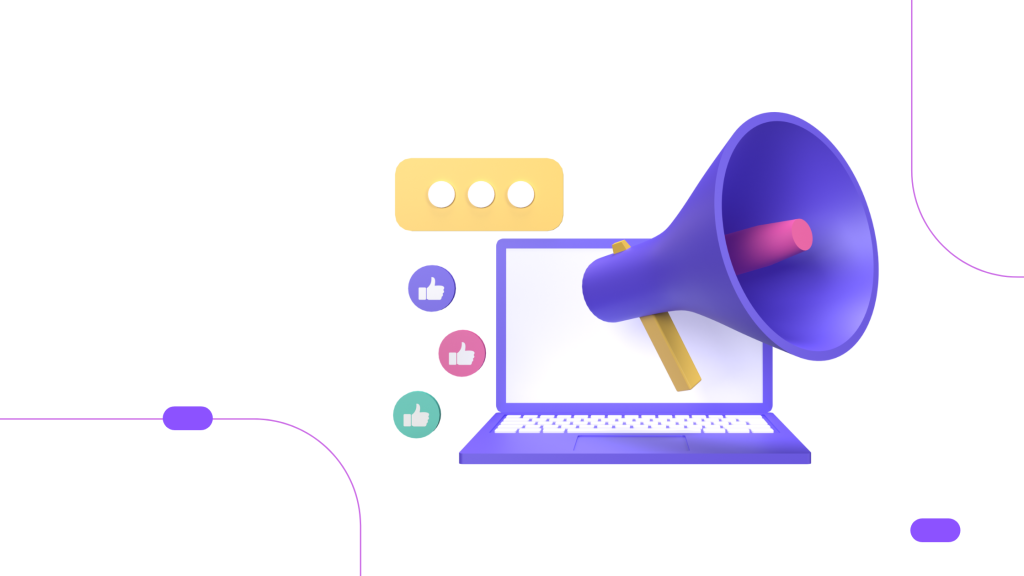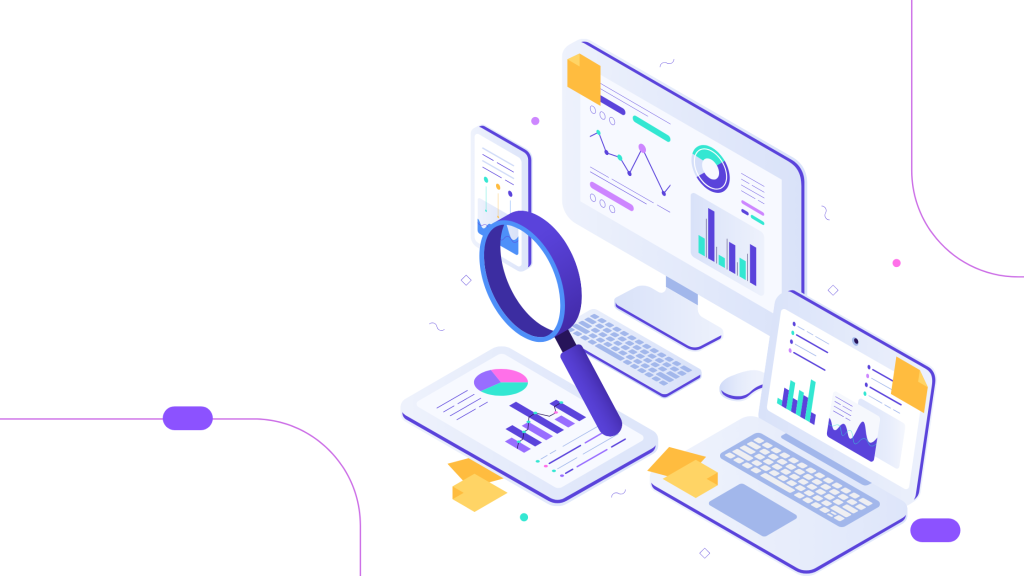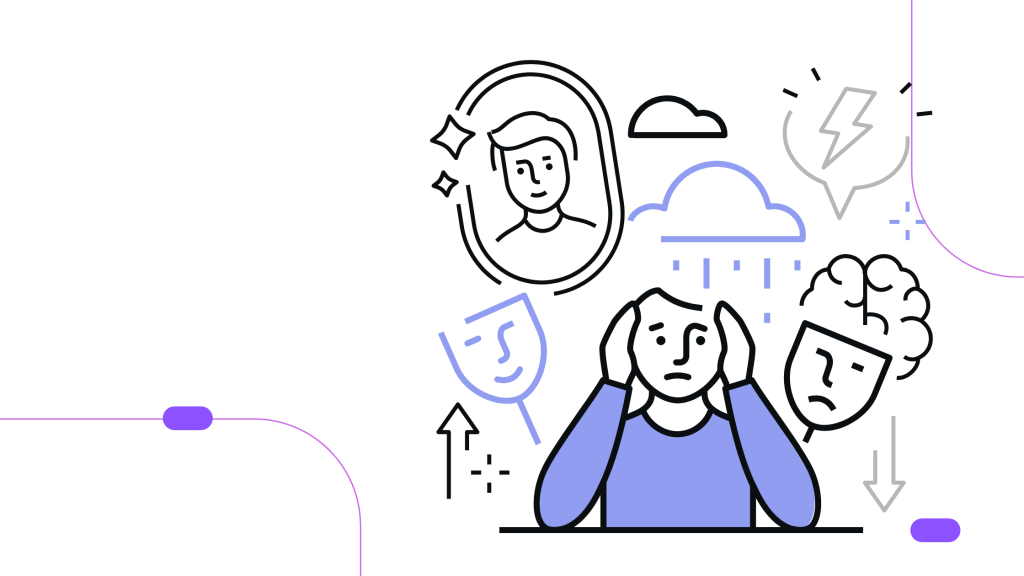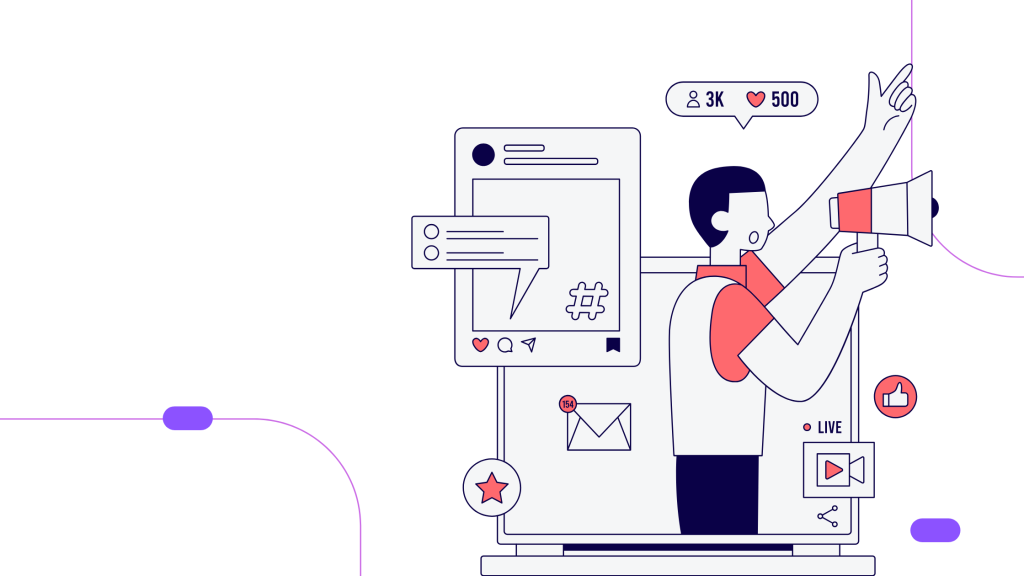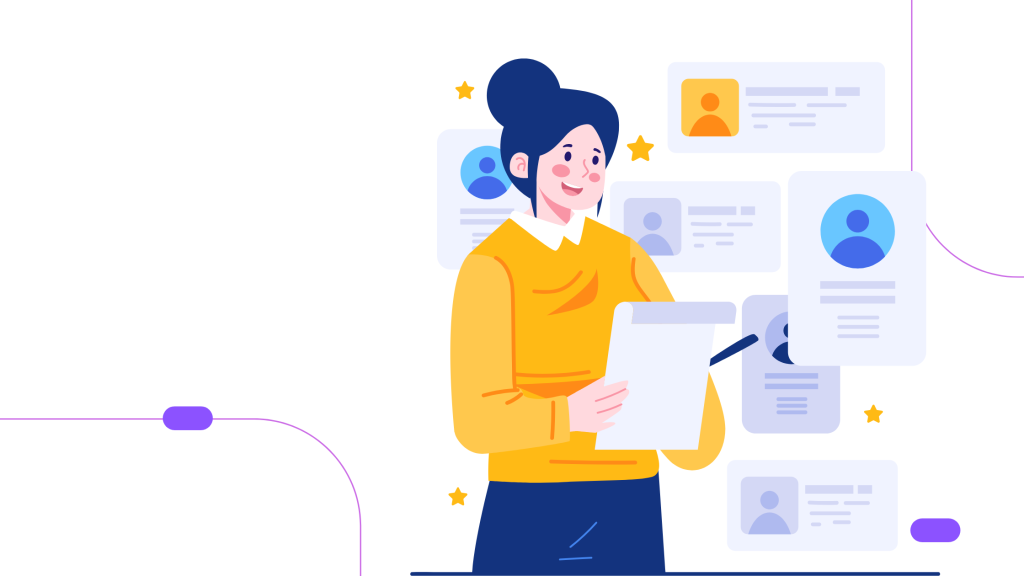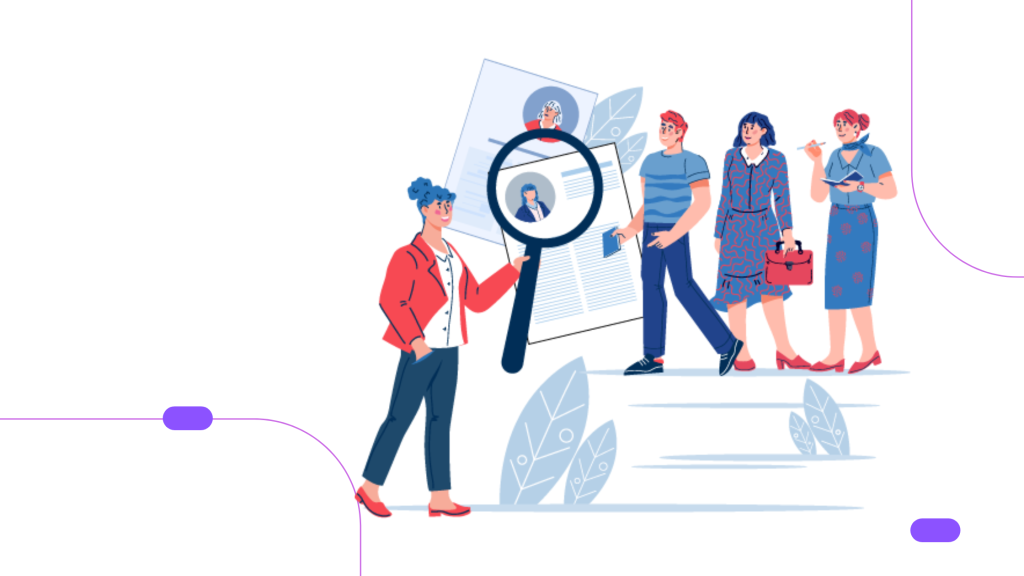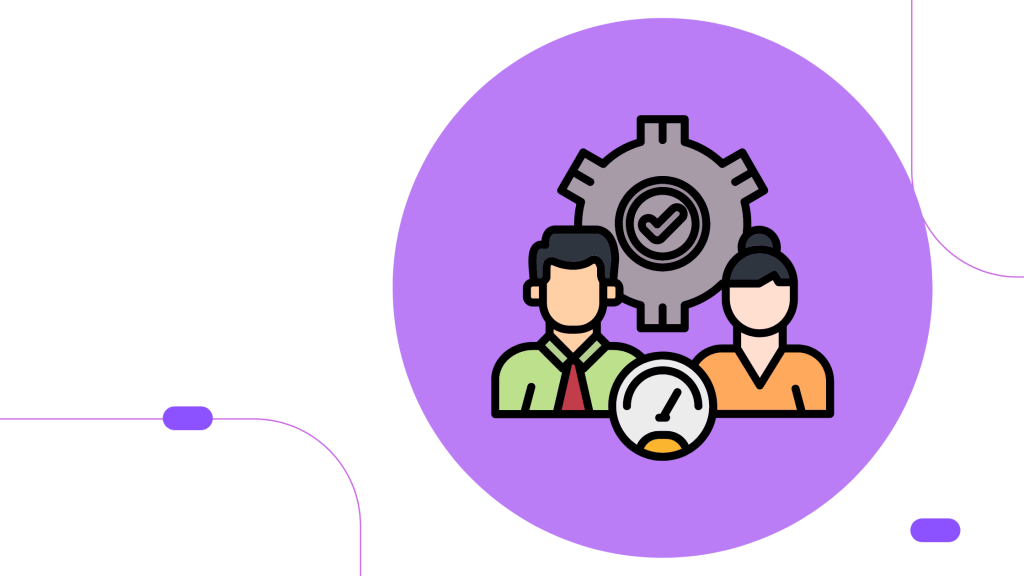How AI is Revolutionising Resume Screening and Talent Shortlisting in 2026
AI resume screening software is evolving the recruitment market by integrating candidate assessment with remarkable efficiency & precision. As hiring volumes increase, companies are shifting to these technologies to simplify the process and easily find top talent. Understanding the mechanics and strategic value of these technologies, along with their advantages, will help recruiters and HR professionals stay competitive in the employment market. AI is significantly changing this process, with machine-driven technologies.
What Is AI Resume Screening?
AI resume screening utilises artificial intelligence to evaluate, refine, and rank job applications based on established criteria. These tools use natural language processing (NLP) and machine learning algorithms to analyse resumes for keywords, qualifications, experience levels, and more.
In contrast to traditional resume screening, which can be prolonged and unreliable, AI-driven procedures can optimise thousands of resumes within a few minutes, accurately identifying top candidates that align with the job requirements.

Benefits of AI Resume Screening
- Speed and Efficiency: Directly sort through high volumes of resumes.
- Consistency: Implement the same decision-making criteria for all applicants.
- Improved Matching: Use semantic keyword evaluation for more aligned job descriptions and resumes.
- Bias Reduction: Many AI tools are organised to reduce unconscious human bias, supporting inclusion.
Key Statistics on AI Resume Screening Software
- According to LinkedIn’s 2022 Global Talent Trends, 67% of recruiters use AI-powered tools for screening candidates.
- Gartner reports that AI can reduce recruitment costs by up to 30% through automation.
- Research by SHRM found that AI screening improves candidate job fit by 20% on average.
- Companies implementing AI resume screening have seen an average time to hire reduction of 50% according to Forbes Insights.
Real World Examples
- Unilever: Adopted AI resume screening, attaining a 16% increase in workforce diversity and a 75% reduction in hiring time.
- Hilton: Used AI chatbots to interact with applicants, reducing wait times and promoting candidate experience.
- Siemens: Implemented AI algorithms to scan resumes, optimising the hiring process and verifying that only eligible candidates are shortlisted.
AI Talent Shortlisting: The Next Step
Once the resumes are screened, AI talent shortlisting entails the process further by positioning the most eligible candidates for interviews. This includes interpreting a wider range of data, including:
- Previous job roles and accountabilities
- Educational background
- Soft skills derived from resume language
- Online profiles (e.g., LinkedIn)
- Cultural fit through predictive analytics
These perspectives enable HR teams to build outstanding shortlists without manual processing, saving both time and resources.

Popular AI Recruitment Tools in 2026
In 2026, several advanced AI recruitment tools are holding dominant positions, including:
- HireVue: Known for its AI-driven video candidate evaluation.
- Pymetrics: Uses neuroscience and AI to examine candidate compatibility.
- Eightfold.ai: Identifies role fit for candidates using feature learning algorithms.
- SmartRecruiters: Provides synthesized AI for sourcing and shortlisting.
These platforms are being broadly recognised across companies in the UAE and on a global scale.
Why the UAE Is Embracing AI Hiring in 2026
The UAE is at the leading edge of technology-driven innovation, and the recruitment industry is not unconventional. As businesses rise and the competition for skilled talent elevates, AI hiring in the UAE has become a disruptive force.
Government initiatives under the UAE’s National AI Strategy 2031 further promote the adoption of smart technologies, making the country a hub for AI-powered HR practices.
Challenges and Considerations
Regardless of its merits, AI in recruitment also shows some dilemmas:
- Data Privacy: Controlling and securing a candidate’s profile is important.
- Bias in Algorithms: If not thoroughly instructed, AI models can take over human biases.
- Candidate Experience: Over-automation may hinder the hiring journey.
Recruiters must find a balance between mechanisation and manual oversight to create a transparent and productive recruitment process.
Conclusion:
In 2026, AI resume screening, AI recruitment tools, and AI talent shortlisting are revamping how companies attract and hire talent. Particularly in innovation-oriented regions like the UAE, adopting AI in recruitment provides a strategic positioning. While there are barriers to finding your way, the benefits speed, reliability, and quality of hiring make AI recruitment a valuable resource in the modern recruitment toolkit.
For job seekers, AI means more engaging and customised hiring procedures with less bias and a greater chance for success. As this technology continues to change, we can predict seeing even more exciting developments in the years to come.
FAQs
How does AI resume screening software improve recruitment efficiency?
AI resume screening software organize the initial evaluation of resumes by evaluating keywords, experiences & skills rapidly. This reduces manual review time, enabling recruiters to concentrate on high-potential candidates & boosting up the hiring process.
Can AI screening tools eliminate bias in hiring?
AI tools can lessen some unconscious bias by normalizing candidate evaluation. However, if the training data is biased, the AI may extend those biases.
Are AI resume screening tools compatible with existing HR system?
Most leading AI resume screening software provides combination with trending ATS & HRIS platforms, permitting continuous data flow and integrated recruitment management without disturbing existing workflows.

